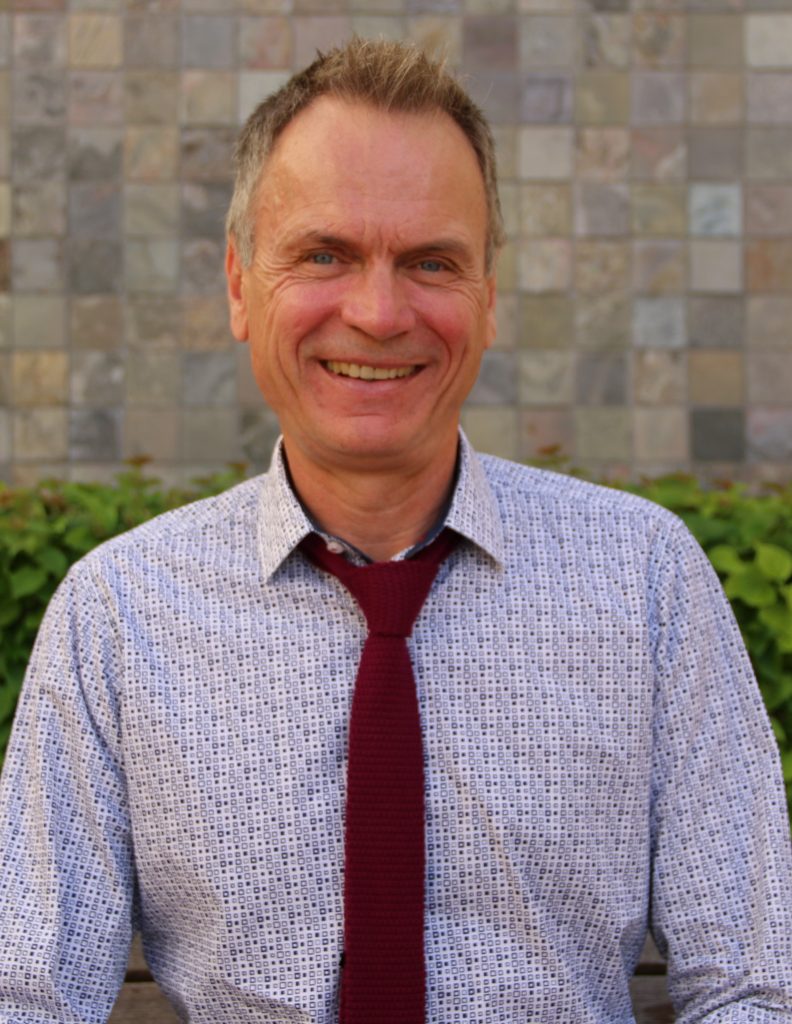
Research leader prof. dr. Brett Laursen
Brett Laursen is a Professor of Psychology at
Florida Atlantic University, USA.
Professor Laursen, besides NAVIGATE, is currently
involved in several longitudinal projects, which focus, in one way or another,
on influence within close relationships.
The first project involves a large group of elementary and middle school
children from a school district whose population is representative of students
in the state of Florida. Over the course of an academic year, students identify
changes in friends and changes in behaviors in school, to better understand who
is friends with whom and how influence is apportioned within the relationship.
The second project concerns math achievement in a
group of Latino students as they transition from grade school into middle
school, to identify how transactions between parents and adolescents shape the
child’s math interest and abilities. This project is being conducted in
collaboration with Dr. Jill Denner of ETR Associates.
A final set of projects concerns child
characteristics that (a) moderate associations from parent reading to early
childhood literacy and (b) elicit differential parent engagement in literacy
activities. Several studies converging on this theme are underway at the
Trygfondens Center for Child Research (Aarhus University, Denmark) under the
direction of Professor Dorthe Bleses.
Brett Laursen currently receives support from the
US National Institute of Child Health and Human Development, and the Lithuanian
Research Council. His work has also been supported by the US National Institute
of Mental Health, the US National Science Foundation and the Jacobs Foundation.
Professor
of Psychology
Florida Atlantic University
http://www.psy.fau.edu/laursen-lab/index.php
Docent Professor of
Social Developmental Psychology
University of Jyväskylä, Finland
Editor-in-Chief
International Journal of Behavioral Development
https://journals.sagepub.com/home/jbd
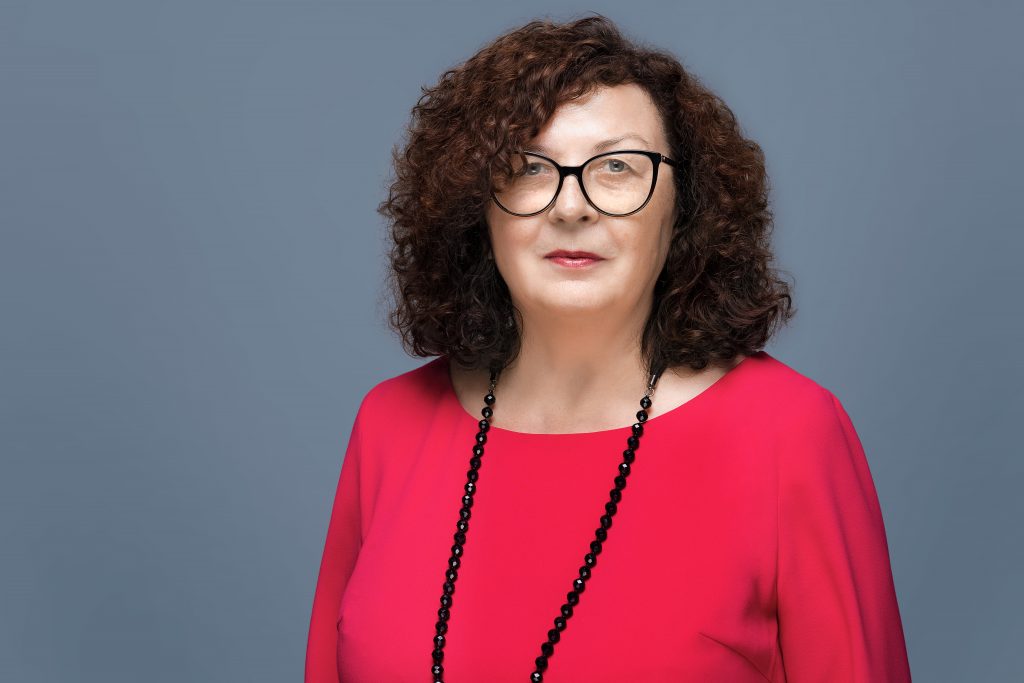
Prof. dr. Rita Žukauskienė
I am constantly involved in studying human psychological development (particularly, during adolescence and emerging adulthood), as well as the factors related to positive development and pro-social behavior. Currently, I am interested in risk and protective factors in the peer context as peer experiences can either help them thrive or negatively affect their psychosocial adjustment. This research line will be pursued during the implementation of the project “NAVIGATE”, as it focuses on how adjustment in childhood and early adolescence is related on participation in successful friendships, and on the antecedents and consequences of friendship dissolution.
I am a professor at the Institute of Psychology, at Mykolas Romeris University (MRU). Also, I am a Head of the Applied Psychology Research Laboratory at MRU. I have the expertise, leadership and motivation for the implementation of the NAVIGATE project, as I already acted as principal investigator in a number of other large-scale longitudinal projects, e.g., “Political socialization from adolescence to young adulthood” (POSAD) (2007 –2009), “Mechanisms of positive youth development in the context of socio-economical transformations” (POSIDEV) ( 2012-2015), „Identity development among adolescents and emerging adults in Lithuania and Japan“ (IDELIJA) (2015-2017), Identity and post-traumatic growth in female survivors of intimate partner violence: the role of resilience, coping and social support (INTEGRO) (2017-2019). Curently, I am the PI of two projects under implementation, e.g., „Go Green: Understanding the psychological mechanisms of the development of pro-environmental behavior in the context of longitudinal intervention“ (GOGREEN) and „Uncovering Child Sexual Abuse: Assessment of Life-time Prevalence and Development of Lithuanian version of Simulated Interview Software (EIT) (UNCOVABUSE). Outcomes of my research are presented in research papers. Selection of the references is avalable at http://rzukausk.home.mruni.eu/
In addition to my research work, I am also involved in teaching and supervising PhD students; number of them already successfully defendend their PhD Thesis. I was also actively involved as the principal organizer (Conference Chair) of international large-sclae conferences, such as for XIV European Conference on Developmental Psychology (2009), 12th Biennial Conference of the European Association for Research on Adolescence (2010), and the 24th Biennial Meeting of the International Society for the Study of Behavioral Development (2016). I was a President of the European Association for Research on Adolescence (EARA) (2016-2018). Currently, I am a Member of Executive Committee of the International Society for the Study of Behavioral Development (ISSBD).
Keywords: developmental psychology, identity, environmental psychology.
Institute of Psychology
Applied Psychology Research Laboratory
Mykolas Romeris University
rzukausk@mruni.euhttp://rzukausk.home.mruni.eu/
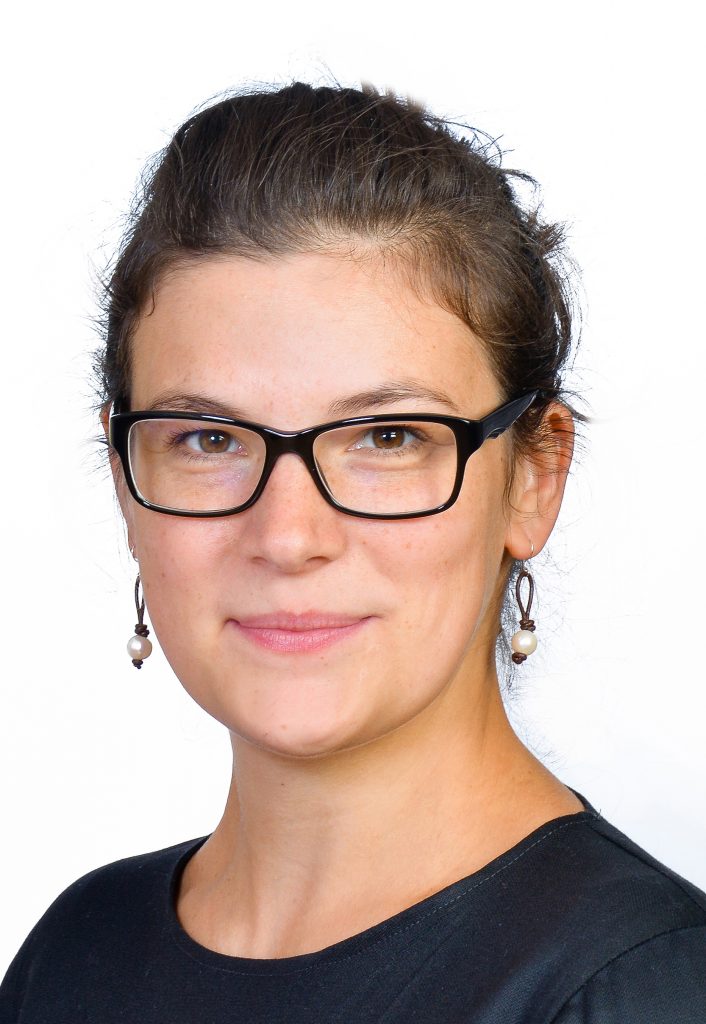
Dr. Goda Kaniušonytė
As a developmental psychology scientist, I am interested in the developmental paths of adolescents and emerging adults analyzing various individual and relational antecedents and outcomes. In my research I focus on positive factors that shape development of young people.
I am an Associate Professor in the Institute of Psychology and hold a senior research position at Applied Psychology Research Laboratory at the Mykolas Romeris University. In the NAVIGATE project, which aims to uncover the mechanisms of friendship formation, I am particularly interested in the role that parents may play in this process in early adolescence.
Keywords: developmental psychology; adolescents; identity; positive youth development.
Institute of Psychology
Applied Psychology Research Laboratory
Mykolas Romeris University
godakan@mruni.eu
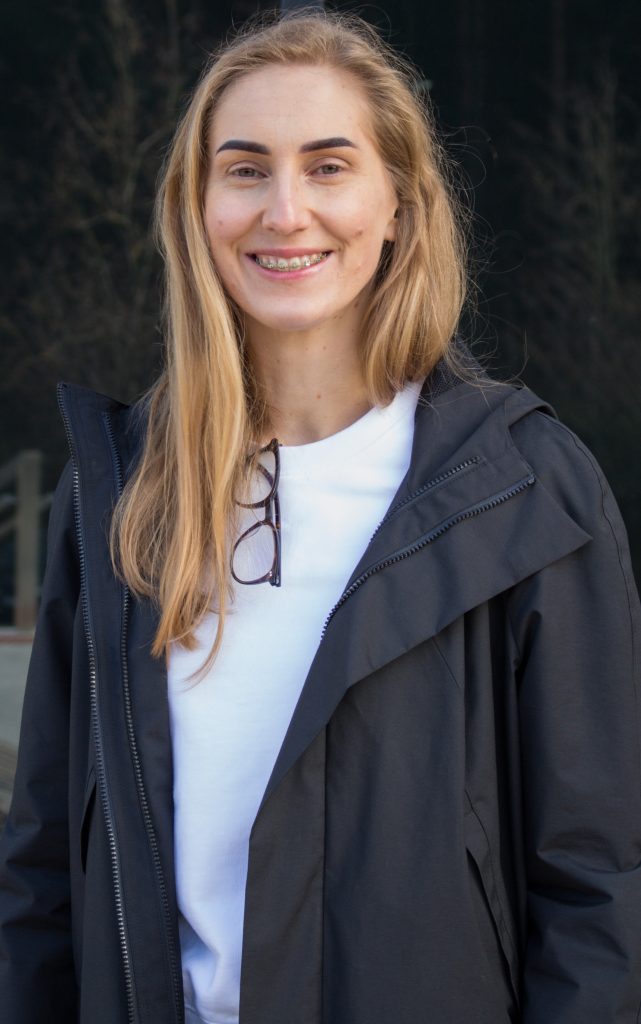
Audra Balundė, PhD candidate
As an environmental psychology scientist, I am interested in various personal, social and contextual factors and how they form and guide behavior. In my research I focus on moral and identity factors such as environmental values and self-identity as well as personal norms, and how they facilitate people’s pro-environmental behavior.
I hold research position at the Environmental Psychology Research Center and Applied Psychology Research Laboratory at the Mykolas Romeris University. My research includes understanding antecedents (e.g. habits, social norms, infrastructure, etc.) of environmentally friendly behavior among various age groups and testing interventions that target specific environmental behavior of adolescents. Recently, I joined NAVIGATE project which aims to uncover the mechanisms of friendship formation. Although questions of developmental psychology is not my primal scientific interest, I have relevant expertise from my master studies in development psychology as well as from other projects that could aid in reaching the aims of the current project.
I actively participate in knowledge exchange networks and expert panels. I am a MC member in COST action CA16229 “European Network for Environmental Citizenship” (ENEC). My task in the network is to identify psychological factors that can determine engagement in environmental citizenship among various age groups. Further, I am a MC member in COST action CA19126 “Positive Energy Districts European Network” (PED-EU-NET). My role in the network is to identify barriers and enablers of sustainable energy projects acceptance within communities and society at large. Also, I am a member of expert panel at the Lithuania Association of Responsible Business (LAVA), where I consult stakeholders regarding behavior change strategies in organizations. Finally, I am the founder and member of Environmental Psychology Group at the Lithuanian Society of Psychology.
I am a candidate of double PhD at the Mykolas Romeris University and University of Groningen (the Netherlands). Currently I am finalizing my PhD project that tests the validity of novel theoretical model targeted at explaining environmental behavior.
Keywords: environmental psychology; developmental psychology; behavior change; social interactions.
Institute of Psychology
Environmental Psychology Research Center
Applied Psychology Research Laboratory
Mykolas Romeris University
audra.balunde@mruni.eu
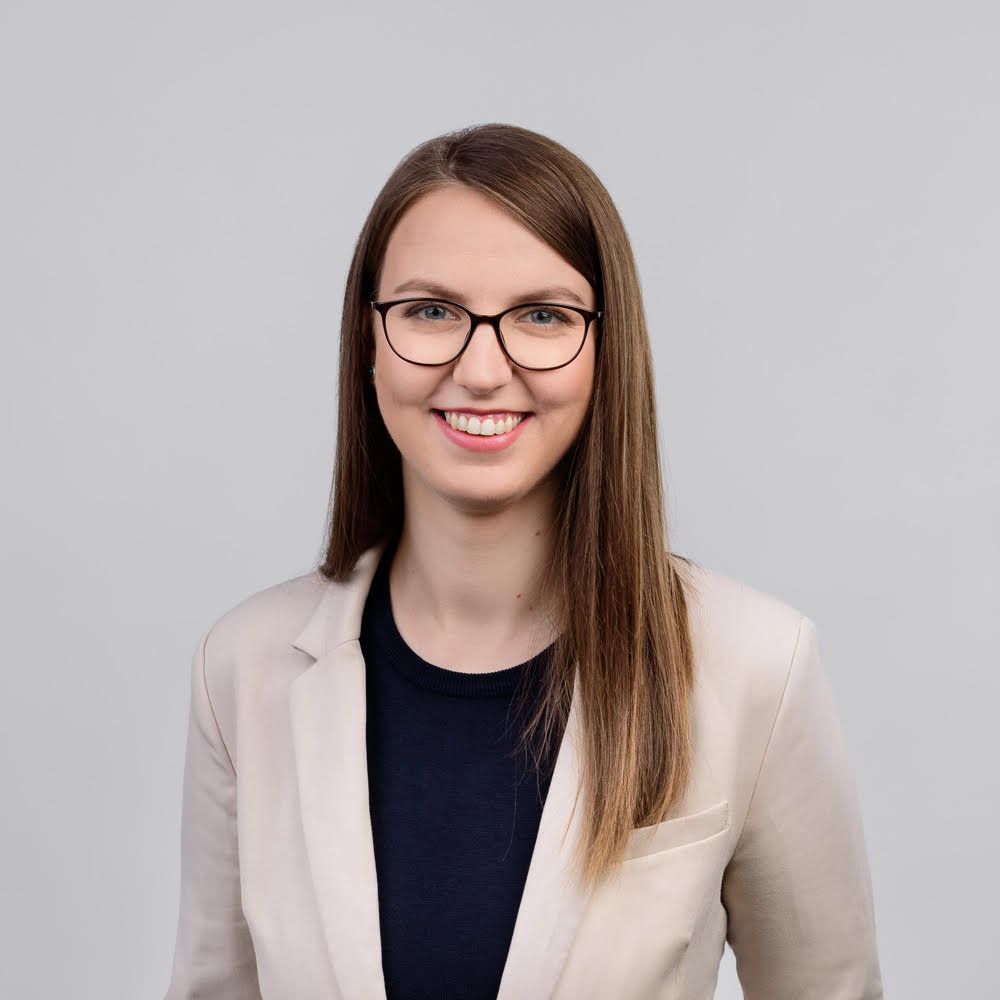
Aistė Bakaitytė, PhD candidate
As a psychology scientist, I am interested in how difficult or even traumatic life experiences affects person and what factors are associated with more adaptive and maladaptive recovery process. In my doctoral research I am investigating positive changes (posttraumatic growth) in the aftermath of intimate partner violence.
I hold research position at the Applied Psychology Research Laboratory at the Mykolas Romeris University. My research includes investigation of life-time prevalence of childhood sexual abuse in Lithuania and development of Simulated Interview Software for investigative interviews in alleged sexual abuse cases. Recently, I joined NAVIGATE project which aims to uncover the mechanisms of friendship formation.
I am actively trying to improve my scientific and practical knowledge by participating in various trainings for psychology professionals and researchers. I have some international collaboration experience participating in an international project “Towards gender harmony” (https://towardsgenderharmony.ug.edu.pl/) led by Poland researchers. Also, I am a member of Lithuanian Psychological Association, Lithuanian Trauma psychology association, and European Society for Traumatic Stress Studies.
Institute of Psychology
Applied Psychology Research Laboratory
Mykolas Romeris University
abakaityt@mruni.eu
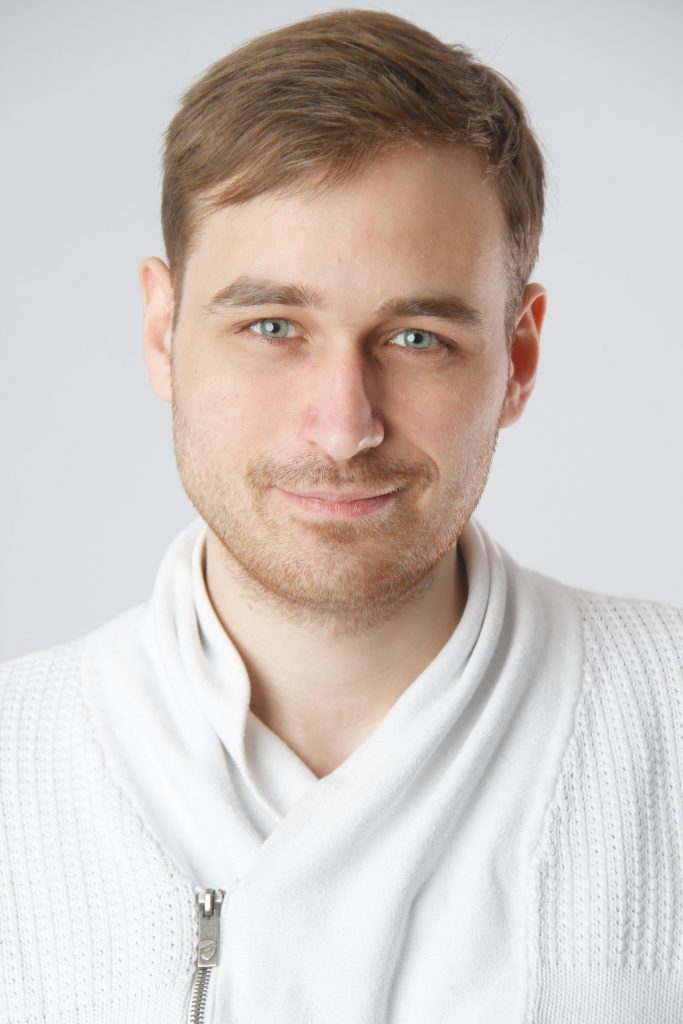
Gintautas Katulis, PhD candidate
My focus in research and work are groups, group dynamics and youth. I am interested in how social interactions, relationships and group factors guide our own self-image and behavior. I am currently focused on classrooms and interactions between pupils along with possible interventions to help increase classroom cohesion. I am a candidate for a PhD at Mykolas Romeris University in Lithuania working on a thesis regarding classroom relationships and experiential learning. I recently joined the project NAVIGATE aiming to learn more about building of friendships amongst adolescents. The forming of friendships and relationships, the dynamics which happen as peers interact are part of my main interests and NAVIGATE explores it deeply.
I am mostly a practiotioner, working as a psychologist with adolescents of social risk. I consult schools and teachers about working with classes and group relationships and I am also part of a network of experiential education experts „Via Experientia“ providing training focused on group dynamics using outdoor adventure methods. I am relatively new to the field of academia, however I believe that groups and relationships are an extremely important topic for youth and combining research and practice can lead to great improvements in working with youth.
Keywords: Social psychology, social interactions, group dynamics, experiential learning.
Institute of Psychology
Environmental Psychology Research Center
Applied Psychology Research Laboratory
Mykolas Romeris University
gintautas.katulis@mruni.eu
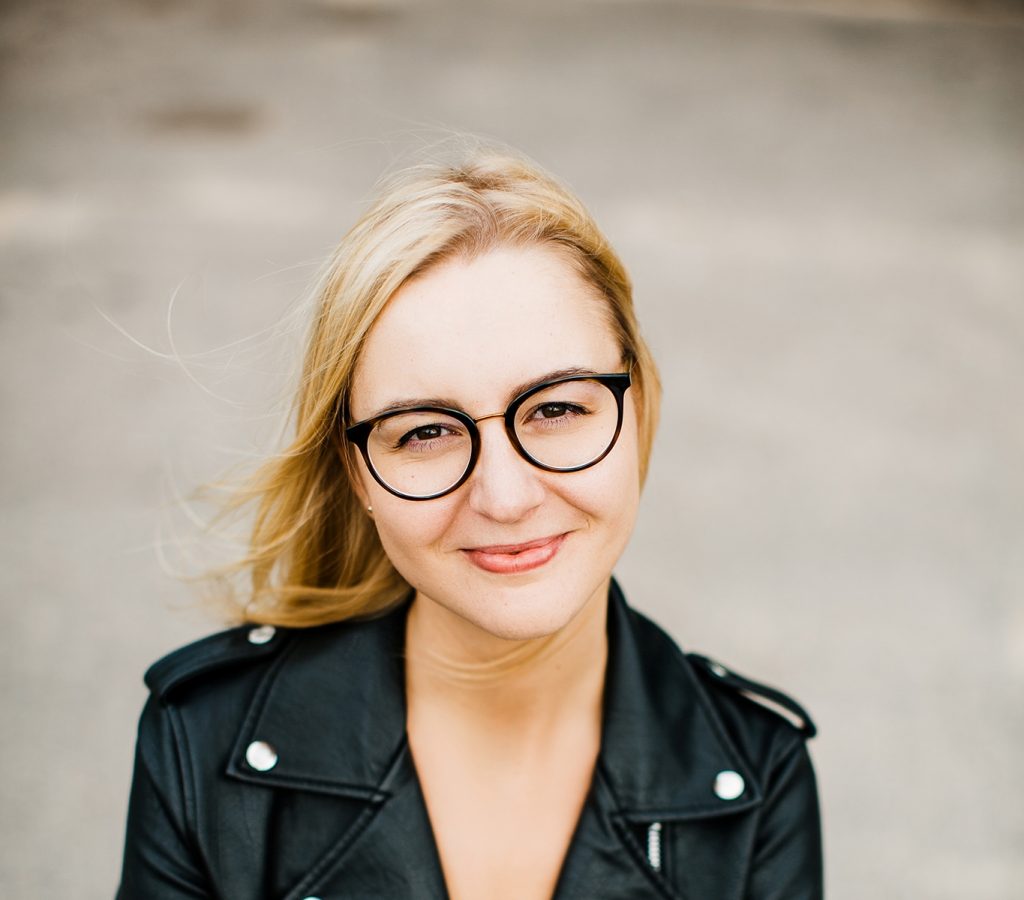
Dainora Šakinytė, Junior Researcher
As a junior researcher, I’m interested in areas, related to interpersonal relationships and their effects on human behavior, health, emotional difficulties, as well as risky behavior and its prevention. In the past few years, I have participated in several research projects, which aimed to evaluate the effectiveness of social ads targeting drunk driving (No. 09.3.3-LMT-K-712-16-0034) and social ads’ impact on adults’ emotions and safe road behavior intentions (VMU Clusters project, No. P-S-19-05). I also conducted an experimental study in the stress field to evaluate the effectiveness of two web-based, short-term stress management interventions reducing students’ stress.
Currently, I hold a junior research position at Applied Psychology Research Laboratory at the Mykolas Romeris University. In the NAVIGATE project, which aims to uncover the mechanisms of friendship formation, I am particularly interested in parent-child relationships and psychological well-being during early adolescence. In addition to my research work, I work as a health psychologist in the “Youth Center” with adolescents and as a counselor in the “Child Line”, providing emotional support to children and teenagers. I also lead parents’ groups to help parents promote their children’s emotional, social and academic competence to prevent or reduce child behavior problems.
Keywords: risky behavior prevention, emotional well-being, social interactions
Institute of Psychology
Applied Psychology Research Laboratory
Mykolas Romeris University
dainora.sakinyte@gmail.com
